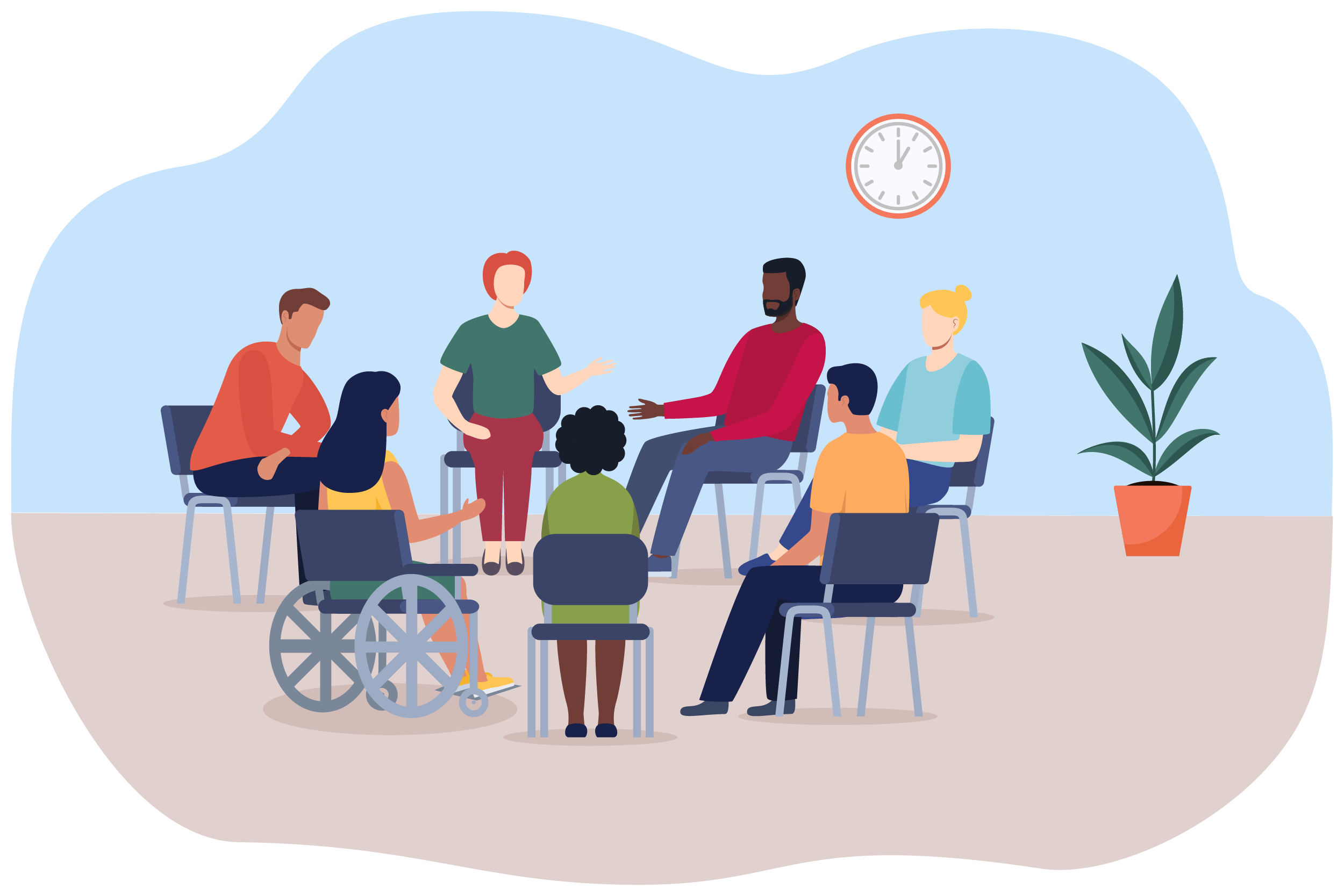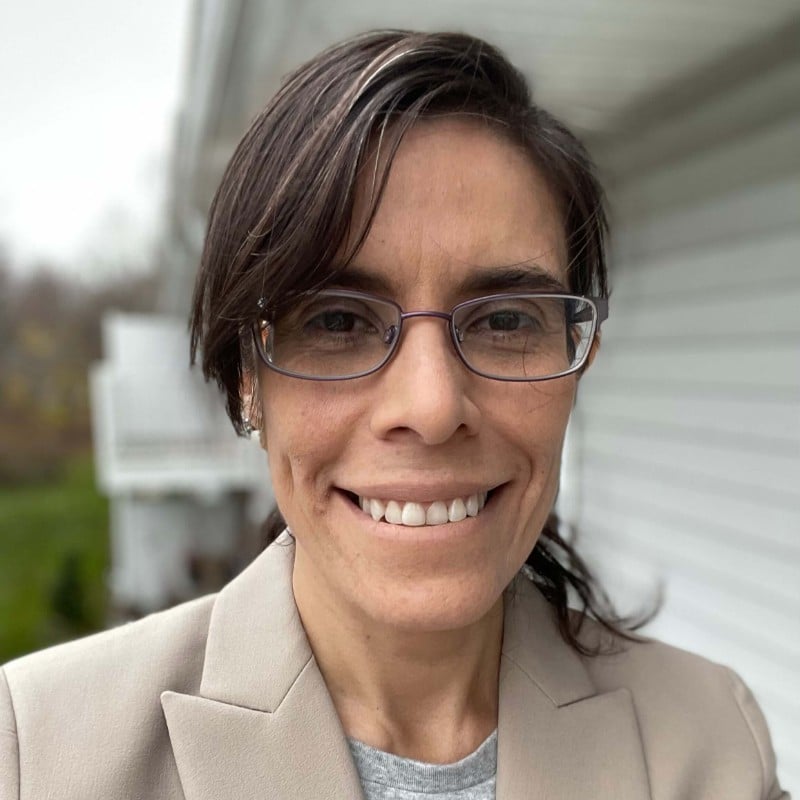

The PhD Career Ladder Program (PCLP) is a 7-step series based on the framework of creating an Individual Development Plan. Every other week for up to 8 sessions, participants meet in small mentoring groups after completing a pre-work to share their own progress, exchange ideas, and provide feedback to other participants. A key feature of this model is that the mentoring groups are guided by peer leaders, who are recruited from among previous participants and receive support through the PCLP Leadership Program. You may want to implement this model if you would like to leverage the peer leader framework to foster peer-to-peer interactions and a sense of community among participants, provide leaders with supported facilitation and mentoring experience, and allow scalability across multiple peer groups running simultaneously for program sustainability. PCLP has been used in the sciences, humanities, and social sciences, and with groups of mixed disciplines.
Peer-facilitated small groups
Flipped classroom:
Multi-week:
Staff person for overall coordination
Peer leaders: ideally 2 per group
Learners: 8 participants per group (multiple groups as needed or desired)
Guest trainers for peer leader meetings (optional)
First implementation: Typical course prep (pilot with instructor as facilitator)
Future implementations will involve training peer leaders.
Multiple groups can run with minimal staff oversight
| Content | Structure (homework, in-person session) | ||||||||
|---|---|---|---|---|---|---|---|---|---|
| Session | 1 | 2 | 3 | 4 | 5 | 6 | 7 | 8 | |
| Competency and Featured Approaches |
Skills Values Interests Identity Individual circumstances |
||||||||
|
Online presence, LinkedIn Elevator pitches Resume/CV |
|||||||||
|
Online research Interpreting job descriptions Informational interviews |
|||||||||
|
Group discussion Science careers matrix Informational interview report Skill identification and building |
|||||||||
|
SMART goals Skill building activities Goal follow-through |
|||||||||
This model has been implemented 17 times at Stony Brook University since 2017, with a total of more than 50 peer-led groups and more than 400 participants. Graduate students and postdocs from 7 institutions from the U.S. and Europe have also completed the program. The Model was assessed via an NSF Innovations in Graduate Education grant (2017-2020), using pre-post quantitative surveys, demonstrating increases in participants’ perceived preparation for career planning, awareness of career development opportunities, and confidence and self-efficacy for career development and pursuing their career of interest.
The model was initially conceived by Nadia Jaber Holden and Jennifer DeLeon in 2014, who were at the time graduate students in the Molecular and Cell Biology Graduate Program at Stony Brook University. Since 2017, with support from a NSF Innovations in Graduate Education grant (#1735210), the model has been further refined by Kathleen Flint Ehm, Paola Cépeda, Catherine Scott, Kimberly Halloran, Nancy Goroff, Bonita London, Alfreda James, Lyl Tomlinson, as well as the program’s peer leaders and participants.

Dr. Paola Cépeda (currently at Washington University in St. Louis) brings her background as an international scholar of linguistics, advocacy for postdoctoral training, and experience facilitating professional development programs to her role as a Fellow of this pd|hub Collection. Beginning in 2019, she developed training materials and trained peer leaders for the PhD Career Ladder Program at Stony Brook University.
Learn more about Paola Cépeda
Paola Cépeda
The pd|hub Collections are being developed with support from an Innovative Programs to Enhance Research Training (IPERT) award from the National Institute of General Medical Sciences (NIH 1 R25 GM139076-01). The information, opinions, data, and statements contained herein are not necessarily those of the U.S. Government or the National Institutes of Health (NIH) and should not be interpreted, acted on, or represented as such.
